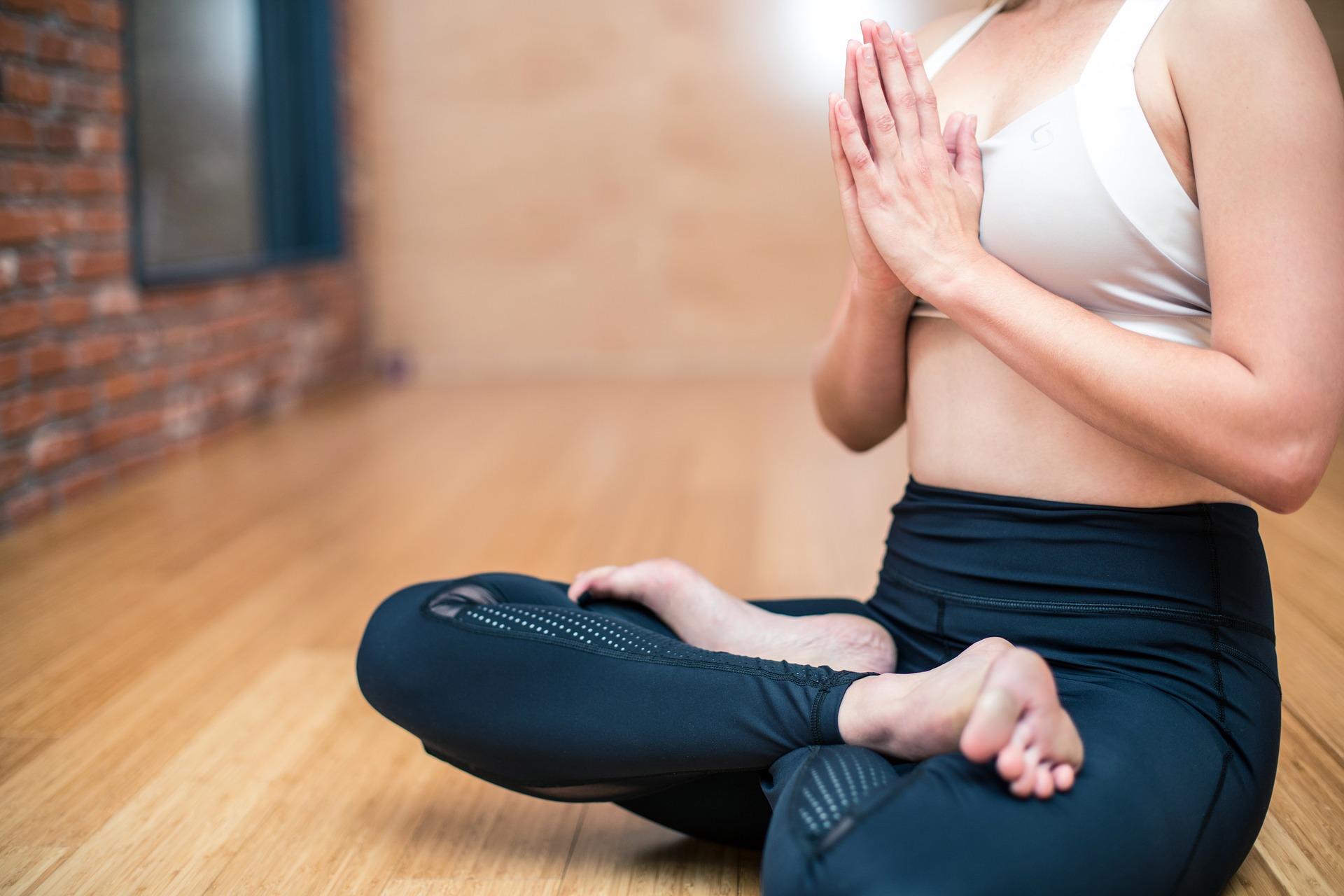We all know that lack of sleep can have a significantly negative impact on our daily lives as trouble focusing is often the most notable effect of sleep loss. However, there are several other less-known effects of sleep loss that you should also take into account.
Surprisingly Unknown Effects Of Sleep Loss:
1. Sleep Deprivation Is A Public Hazard:
Sleep deprivation can be a significant factor in automobile accidents as a lack of sleep will slow down your time reaction quite similar to that of drunk driving. If that’s not enough to stress the health advantages of a good nights sleep, lack of sleep has been a massive factor in some of the most monumental disasters in more recent history such as the nuclear accident in 1979 at Three Mile Island as well as the disastrous nuclear meltdown at Chernobyl in 1986. Considering the lack of sleep greatly increases your chances of being involved in a car accident and work-related injuries, you should take pride in formulating a suitable sleep routine to ensure you are not endangering yourself and those around you.
2. Increased Risk Of Developing Serious Health Issues:
While chronic sleep disorders and sleep conditions will put you at an increased risk of developing serious health problems such as heart attack and cardiovascular conditions as well as high blood pressure, diabetes, and even stroke, the less serious health issues such as increased stress and anxiety are just as concerning. To improve the quality and consistency of your sleep you should consider whether or not your mattress is suitable for comfort and support. You can make use of mattress charts with a showcase of mattress sizes to better establish which mattress would be best for you. In addition to this, you should consider the benefits of natural sleep remedies, especially if you are battling to get enough sleep on a regular basis.
3. Risk Of Rapidly Aging Skin:
Even though it’s commonly known that a restless night will result in dark under-eye circles and a bit of puffiness, not everyone is aware of just how much lack of sleep can cause rapidly aging skin. According to studies, regular sleepless nights will age the rate at which your skin ages and as a result, you will notice fine lines, wrinkles, and sallow skin. The benefits of beauty sleep are definitely not a myth.
4. Memory Loss:
One of the best ways to keep your memory as sharp as possible is to get enough quality sleep as sleep deprivation has been a known culprit of memory loss. According to research conducted in 2009, brain functions referred to as “sharp wave ripples” are responsible for the consolidation of memory as these ripples are known to transfer learned information to an area of the brain where memory is then stored on a long-term basis. This brain function usually occurs while we are in the deeper levels of sleep, which means that quality sleep will, in fact, improve your brains’ ability to store information and effectively prevent forgetfulness.
Read Also:























